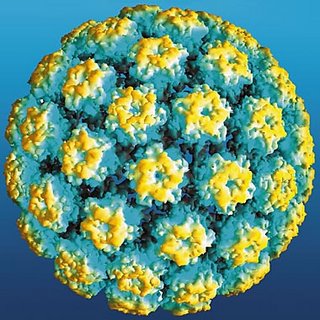
On June 30
Stateline.org published
a useful summary of the issues surrounding the recently recommendation from the
CDC's
Advisory Committee on Immunization Practices that all 11- and 12-year-old girls receive the vaccine for the most dangerous strains of
human papillomavirus (HPV), which causes cervical cancer. As a public health matter, the advisory committee's recommendation is pretty straightforward. But the politics of abortion, always lurking just below the surface of any discussion of public policy and sex, promise to alter the debate in many states:
. . . HPV is a sexually transmitted disease. The distinction already is spurring some conservative groups to say states shouldn’t mandate that girls get the vaccine, because the only way to catch the cancer-causing disease is through sexual contact.
Linda Klepacki, an analyst on sexual health for Focus on the Family, which promotes abstinence until marriage, said the reason for inoculating schoolchildren for diseases like measles doesn’t apply to the cervical cancer vaccine.
“HPV cannot be communicated by sitting in a public school classroom. It’s communicated only by sexual behavior. Because of that reason, we believe that parents should be the primary decision makers. . . . It’s not something you can catch, but it’s something you really have to go out and get,” she said.
Klepacki acknowledged that women who remain celibate until marriage still could be at risk, if their husbands contracted the virus earlier.
 On June 30 Stateline.org published a useful summary of the issues surrounding the recently recommendation from the CDC's Advisory Committee on Immunization Practices that all 11- and 12-year-old girls receive the vaccine for the most dangerous strains of human papillomavirus (HPV), which causes cervical cancer. As a public health matter, the advisory committee's recommendation is pretty straightforward. But the politics of abortion, always lurking just below the surface of any discussion of public policy and sex, promise to alter the debate in many states:
On June 30 Stateline.org published a useful summary of the issues surrounding the recently recommendation from the CDC's Advisory Committee on Immunization Practices that all 11- and 12-year-old girls receive the vaccine for the most dangerous strains of human papillomavirus (HPV), which causes cervical cancer. As a public health matter, the advisory committee's recommendation is pretty straightforward. But the politics of abortion, always lurking just below the surface of any discussion of public policy and sex, promise to alter the debate in many states:
No comments:
Post a Comment